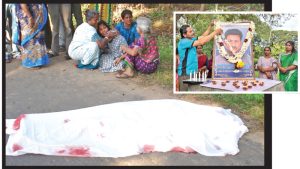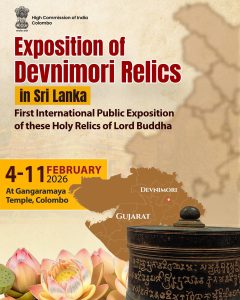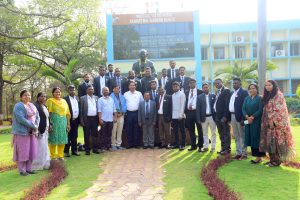“Repeal the Online Safety Act and the Electronic Broadcasting Authority Act” Request 7 media organizations!

Seven media organizations have jointly submitted a letter to the Department of Information stating that they will support the formulation of a national media policy only if the Online Safety Act and the Electronic Broadcasting Authority Act are repealed.
The ‘Media Society’, a coalition of seven media organizations, namely the Free Media Forum, the Media Collective, the Young Christian Journalists Association, the Sri Lanka Professional Youtube Vloggerlists Association, the Plantation Workers’ Community Media Forum, the Social Media Activists Forum, and the MOJO Media Club, has studied the current National Media Policy Draft and provided a series of proposals for it. It is noteworthy that among those proposals, it has been stated that it will support the formulation of the National Media Policy only if the Online Safety Act and the Electronic Broadcasting Authority Act are repealed.
The convener of the Media Organizations Alliance, journalist Thilina Alahakoon, has stated that a national media policy should broadly include the establishment of a national policy and regulation for telephone and internet facilities, which are a key component of digitalization that has been omitted in the formulation of a national media policy, community media, media reporting using telephones (MOJO), and all digital creators in the digital field, including YouTube, in addition to journalists.
He has pointed out to the committee that if the number of digital creators in Sri Lanka can be further expanded by training them to create international content instead of local content through formal training and by providing them with tax concessions, rather than imposing an 18% tax on digital creators, including creators who bring millions of foreign exchange into the country, the digital industry can be transformed into an industry that can earn billions of foreign exchange for the country.
The organizations have also called for the establishment of an “Advertisement Regulatory Commission” as part of the national media policy to regulate advertisements that control the media in Sri Lanka, including deceiving, misleading, influencing, inducing through false and inaccurate information, and selling unsuitable products to consumers.






